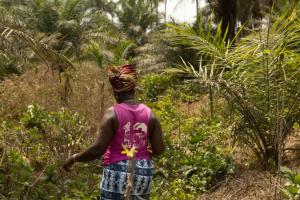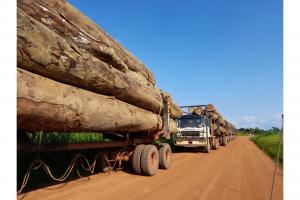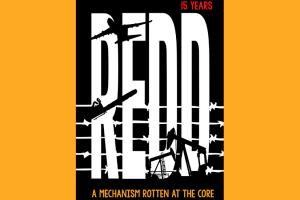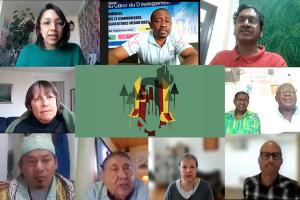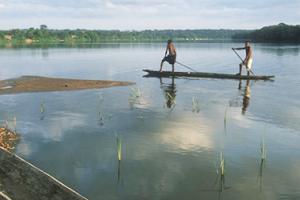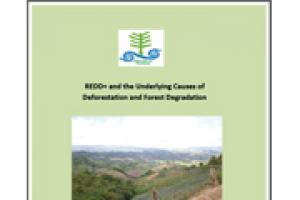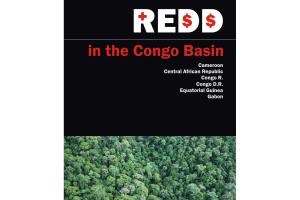Carbon offsetting and REDD
Reducing Emissions from Deforestation and Degradation (REDD+) has become the dominant international forest policy. Variations of REDD+ include Nature-Based Solutions and corporate pledges to achieve Zero Net Deforestation. In reality, though, deforestation continues, polluting companies use REDD+ offsets to avoid reducing their fossil fuel emissions, and zero-net deforestation pledges allow forests to be cleared in one area as long as an “equivalent” area is restored elsewhere.
Bulletin articles
27 June 2024
Behind every tree plantation developed for carbon offsets, there are external agents seeking to profit from increased control over the land. And while they all have the same colonial approach, these plantations can vary widely: they can be large-scale monocultures or schemes with smallholder farmers; they can include exotic species or native species; and some of them may even exist on paper only.
Articles
29 April 2022
At the UN climate conference in 2021, the government of Gabon presented itself as champion in the fight against climate breakdown. Would fossil fuel extraction in Gabon come to an end? No. At its core are a deal signed in 2019 with the fossil fuel producer Norway and the Grande Mayumba project.
Publications
28 April 2022
This publication gathers eleven articles that reflect on fundamental and dangerous dimensions of Reducing Emissions from Deforestation and Forest Degradation (REDD), the dominant forest policy around the world since 2007.
Multimedia
31 March 2022
On 15 March, over 360 organisations launched a statement exposing that "Nature Based Solutions" will cause huge new land grabs and promote harmful practices like monoculture tree plantations and industrial agriculture.
Other information
13 November 2013
Publications
11 December 2010
The forest of the Congo Basin expands over an area of continuous tropical rainforest cover only second to that of the Amazon forest. Those forests are currently receiving a lot of attention within the Climate Change negotiations.
